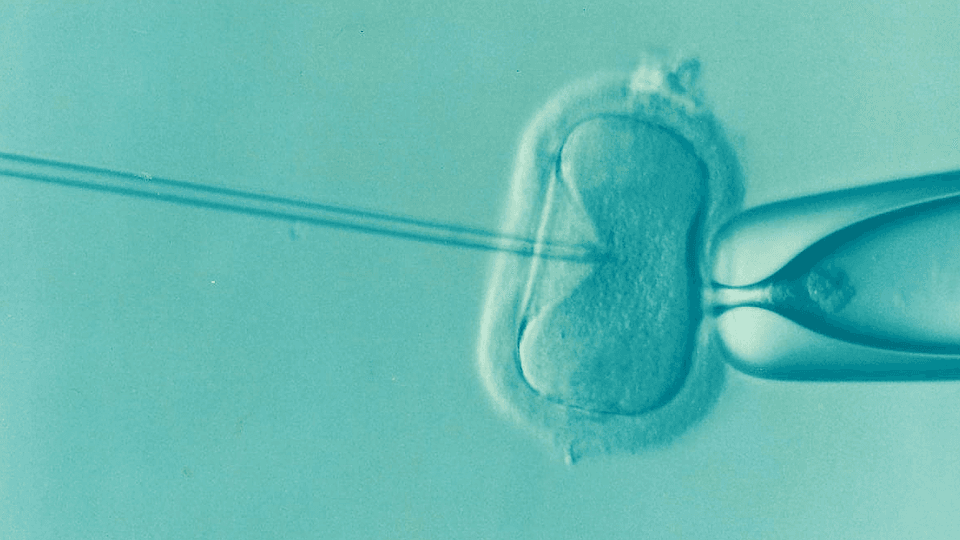Australian in vitro fertilisation (IVF) provider Genea has been rocked by a cyberattack on its system, prompting fears personal information may have been leaked.
The fertility company said it was working hard to ensure “minimal disruption” to the treatment provided to its patients.





